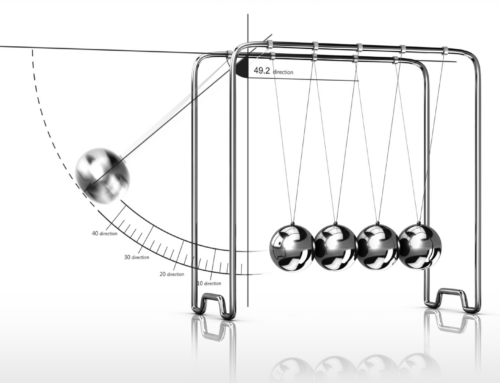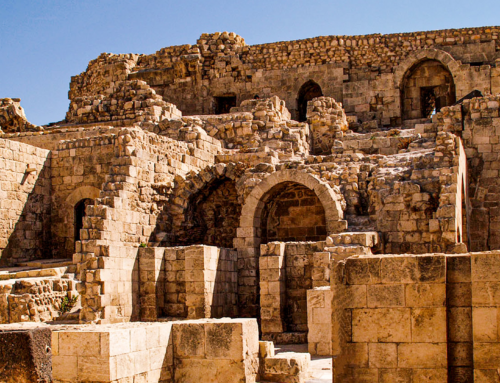Jesus described Abel as a prophet.
Therefore, indeed, I send you prophets, wise men, and scribes: some of them you will kill and crucify, and some of them you will scourge in your synagogues and persecute from city to city, that on you may come all the righteous blood shed on the earth, from the blood of righteous Abel to the blood of Zechariah, son of Berechiah, whom you murdered between the temple and the altar. (Matthew 23:34-35)
A prophet is a person who tells forth the words of God. We would expect the words of prophecy, therefore, to be written down. Yet the Bible contains no written prophecy of Abel, nor reported speech. Indeed, nothing that Abel ever said is recorded. So how could he have been a prophet, telling forth the words of God?
The answer is found in what God said to Cain, following Abel’s murder.
And He said, “What have you done? The voice of your brother’s blood cries out to Me from the ground.” (Genesis 4:10)
The prophecy of Abel was his blood shed on the ground. That event must, therefore, have had prophetic significance.
Here is the significance of the event. It is impossible fully to understand this prophecy of Abel, unless one believes Genesis to be literally true, and for Genesis 1 – 3 to have happened just as recorded. If Abel was merely allegorical, then his shed blood is not remarkable. If Abel was simply an early evolved human being, descended from a long line of ape-men, many of whom had been killed by other ape-men in the struggle for survival, then Abel’s shed blood would have had no special significance.
However, when we understand that the events of Genesis 1 – 3 (like the rest of Genesis) were literally true, then Abel was the first human being ever to die. His life was cut short by his brother, in an act of sin. Despite earlier warnings from God, Cain had deliberately not overcome his sinful thoughts. Not only did Abel die, but his blood was shed on the ground. His prophecy, therefore, is that the first ever shed blood points to the one who was to come to shed his blood on the ground for the forgiveness of sins. Abel was a prophet, Jesus said, but Abel was also a priest, offering the firstborn of his flock for the covering of sin. Not many people throughout history combined the roles of prophet and priest. One who clearly did so was Jesus Himself.
None of this account makes any sense without understanding that Genesis is true. When we do understand that it is true, however, the words of Jesus in Matthew 23 make sense. Once again, we are reminded that the whole of the Bible is about Jesus.






